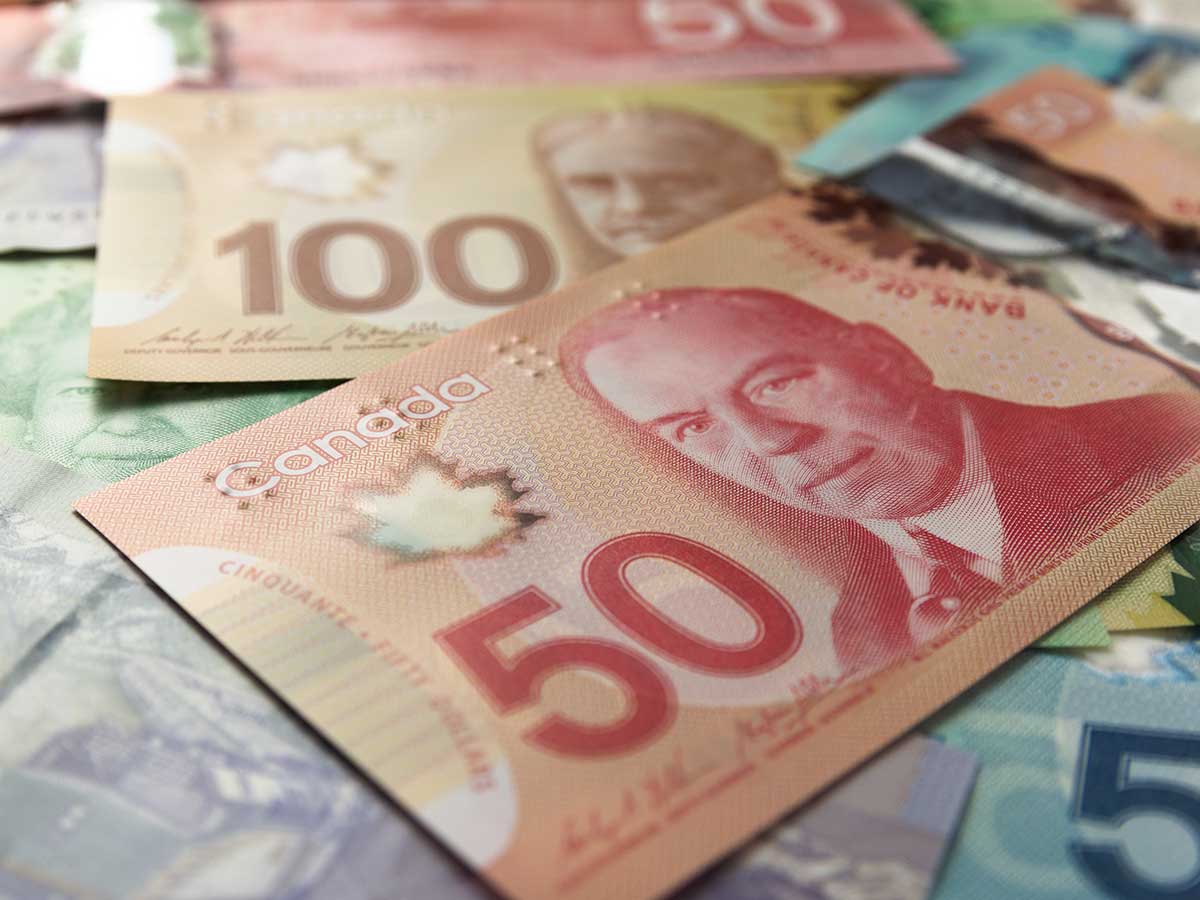
Feds boost anti-money laundering investment as Canada fights ‘dirty money’
Money laundering is a serious problem both in Canada and around the world, hurting the countries economically, socially and politically.
The phenomenon generally involves multiple stages, according to the Financial Transactions and Reports Analysis Centre of Canada (FINTRAC), including placing the proceeds of crime into the financial system; creating complex layers of financial transactions to disguise the audit trail; and placing the laundered proceeds back in the economy. And a new leak of banking records show the country is playing a key role in helping launder this dark money.
In 2018, former RCMP deputy commissioner Peter German estimated that money laundered in British Columbia alone amounted to more than $100 million in his report Dirty Money, examining activities at provincial casinos and the “Vancouver Model”.
Meanwhile, B.C. Attorney General David Eby has said that the number appears low after RCMP reports peg money laundering in B.C. at more than $1 billion annually.
On March 19, the federal government announced a number of measures in its pre-election budget to boost Canada’s anti-money laundering framework. The government will invest nearly $70 million over five years in the RCMP to strengthen policing and investigative capacity; create the Anti-Money Laundering Action, Coordination and Enforcement (ACE) Team, which will bring together experts across law enforcement agencies; and will make legislative amendments to the Criminal Code and the Proceeds of Crime (Money Laundering) and Terrorist Financing Act.
A GLOBAL CONCERN
“Money laundering is really about crime,” says Michele Wood-Tweel, FCPA, FCA, vice-president of regulatory affairs at CPA Canada. “It’s about taking dirty money that was gained through illicit purposes or reasons and then trying to put it into a legitimate economy. And consequently, that poses a threat, both to the safety of society as well as to the integrity of the financial system.”
The World Economic Forum estimates that five per cent of global GDP, which equates to about US$2.6 trillion, is lost in the global economy every year to fraud and corruption, including money laundering.
Not only is there an economic cost, but there’s also a huge social cost, says Russell Guthrie, CPA (NY, TX), executive director for external affairs and the chief financial officer for the International Federation of Accountants (IFAC).
“These are the types of things that make people lose trust in institutions and, in fact, lose trust in the profession because, oftentimes, it’s perceived that we’re part of the problem,” he says.
A SURPRISING MONEY LAUNDERING HAVEN
It might seem counter-intuitive that a country like Canada, with a strong and stable financial system, would have a reputation for being a good place to launder money. But that reputation comes from the numbers. The RCMP estimates $15 billion is laundered in Canada every year. Others, including the International Monetary Fund, estimate it could be closer to $50 billion.
Surprisingly, says Wood-Tweel, some of the things that make our country the best at what it is, in terms of being a safe society with a stable financial system, is exactly what criminals are attracted to.
“Once they have money, those that have earned their money through crime want to actually place it into an economy that is safe and secure, so they won’t lose that money,” she says. “So they’re attracted by many of the strengths that Canada has.”
HOW ACCOUNTANTS ARE TACKLING THE ISSUE
CPA Canada welcomes the federal government’s efforts to crack down on money laundering. As part of the organization’s professional commitment to serve the public interest, CPA Canada has consistently taken a strong stand against corruption, tax evasion and money laundering.
Accountants can be in the driver’s seat when it comes to seeing money laundering—and that’s good news, says Geneviève Mottard, CPA, CA, president and chief executive officer of the Quebec CPA Order.
“I think accountants have a very specific skillset,” she says. “We understand how money works. We understand how money flows. We understand financial transactions. But also playing a role in preventing it and working with legislation and governments to see how we can organize legislation, regulation to try and prevent it on a go-forward basis.”
Guthrie adds that the international community recognizes the variety of roles accountants play in organizations in both the private and public sector.
“We’re well placed from a variety of different vantage points to assess the likelihood of fraud or the opportunity for fraud, and in some cases, when detected or when directed, to actually find it, quantify it, and report it.”
Carol Bellringer, FCPA, FCA, auditor general of British Columbia, says the data backs up the need for accountants in a variety of roles tackling these issues.
“[There’s a] strong link between the percentage of professional accountants in the workforce and more favourable scores in global anti-corruption activities,” says Bellringer. “Also the core qualities of our profession—everything from robust international ethics code, comprehensive education requirements and compliance, and enforcement as well.”
MORE ON ANTI-MONEY LAUNDERING
New laws in Europe and increased reporting in Canada show a positive path forward towards limiting suspicious activity. Also, learn more about recent legislative changes and proposed regulations to improve Canada’s anti-money laundering regime.